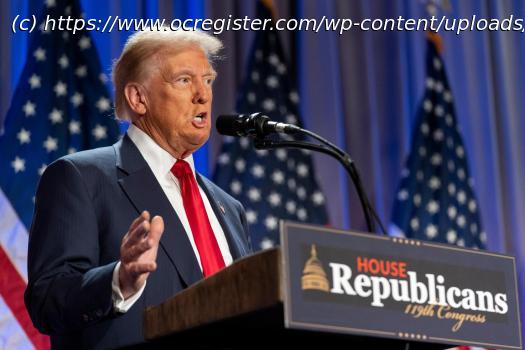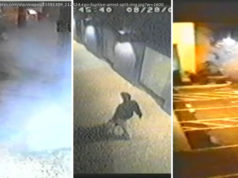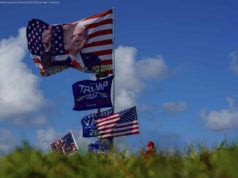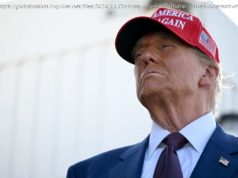Jurors will likely never decide whether the president-elect is criminally responsible for his attempts to cling to power after losing the 2020 campaign.
One year after the Jan. 6, 2021, U.S. Capitol attack, Attorney General Merrick Garland said the Justice Department was committed to holding accountable all perpetrators “at any level” for “the assault on our democracy.” That bold declaration won’t apply to at least one person: Donald Trump.
Special counsel Jack Smith’s move on Monday to abandon the federal election interference case against Trump means jurors will likely never decide whether the president-elect is criminally responsible for his attempts to cling to power after losing the 2020 campaign. The decision to walk away from the election charges and the separate classified documents case against Trump marks an abrupt end of the Justice Department’s unprecedented legal effort that once threatened his liberty but appears only to have galvanized his supporters.
The abandonment of the cases accusing Trump of endangering American democracy and national security does away with the most serious legal threats he was facing as he returns to the White House. It was the culmination of a monthslong defense effort to delay the proceedings at every step and use the criminal allegations to Trump’s political advantage, putting the final word in the hands of voters instead of jurors.
“We always knew that the rich and powerful had an advantage, but I don’t think we would have ever believed that somebody could walk away from everything,” said Stephen Saltzburg, a George Washington University law professor and former Justice Department official. “If there ever was a Teflon defendant, that’s Donald Trump.”
While prosecutors left the door open to the possibility that federal charges could be re-filed against Trump after he leaves office, that seems unlikely. Meanwhile, Trump’s presidential victory has thrown into question the future of the two state criminal cases against him in New York and Georgia. Trump was supposed to be sentenced on Tuesday after his conviction on 34 felony counts in his New York hush money case, but it’s possible the sentencing could be delayed until after Trump leaves office, and the defense is pushing to dismiss the case altogether.
Start
United States
USA — Criminal How Trump’s bet on voters electing him managed to silence some of...






